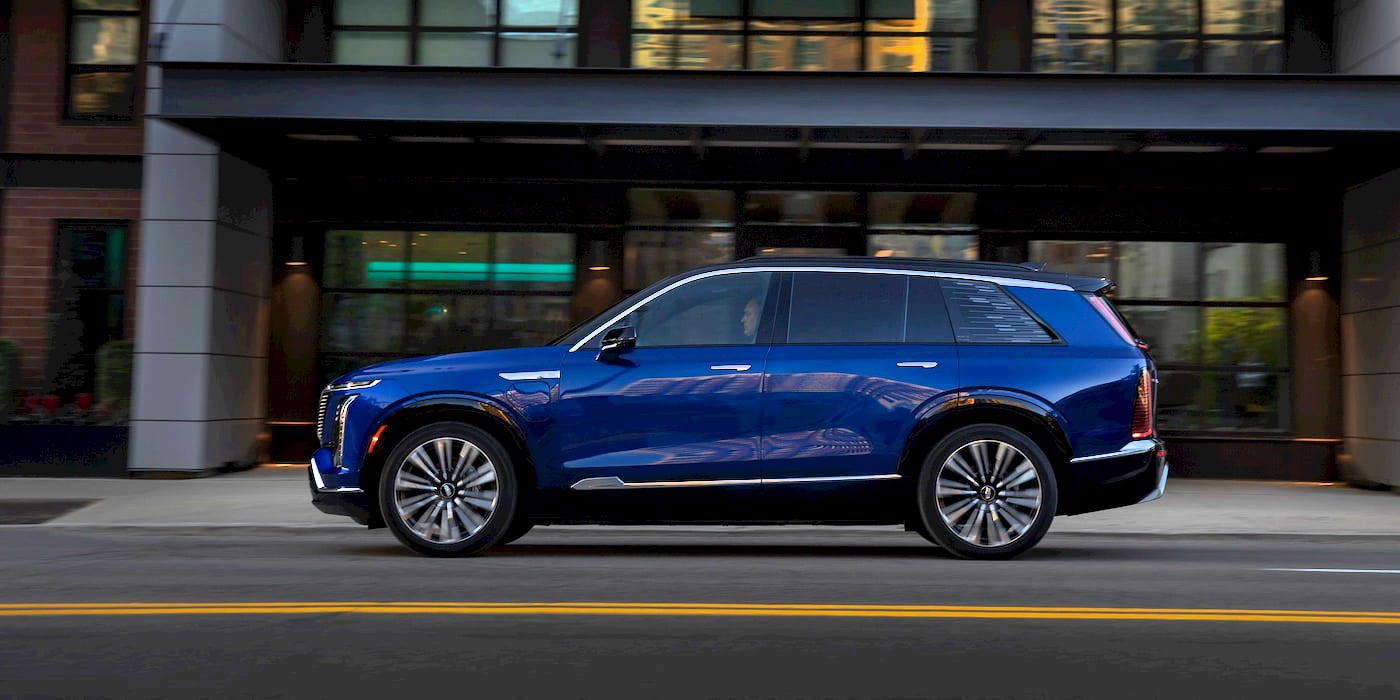General Motors (GM) has announced plans to reduce production of electric vehicles (EVs), including the forthcoming Chevy Bolt EV, despite reporting record sales in recent months. The decision comes as GM prepares for the expiration of what it describes as “irrational” EV discounts at the end of September 2023.
In August, GM sold over 21,000 electric vehicles, marking the highest monthly sales in its history. This figure nearly doubles the 10,671 EVs sold by rival Ford during the same period. Nonetheless, GM’s executive team has decided to scale back output, as outlined in a memo to employees. The Spring Hill plant in Tennessee will see a decrease in production, with plans to halt the manufacturing of two Cadillac EVs—the Cadillac Lyriq and the larger Cadillac Vistiq—starting in December.
A source familiar with the situation confirmed to Reuters that production at the facility will drop significantly during the first five months of 2026, resulting in layoffs for some employees. Additionally, GM has decided to delay the start of a second shift at its Fairfax assembly plant outside Kansas City, where the new Chevy Bolt EV is set to begin production later this year.
GM stated that it is “making strategic production adjustments in alignment with expected slower EV industry growth and customer demand.” Although the company anticipates strong demand in September due to the ongoing federal tax credit of $7,500, it expects a decline in the fourth quarter once the incentives expire.
In a statement, GM noted, “We are seeing marginal competitors dramatically scale back their products and plans, which should end much of the overproduction and irrational discounts.” While the company prepares for a smaller EV market, it remains optimistic about growing its market share.
This announcement follows GM’s recent decision to slow production of the GMC Hummer EV and Cadillac Escalade IQ at its Factory Zero plant in Detroit. Despite these changes, GM retains its position as the second-best-selling EV manufacturer globally, trailing only Tesla.
The upcoming Chevy Equinox EV, marketed as “America’s most affordable 315+ range EV,” is projected to be the third most popular EV in the United States by 2025, following the Tesla Model Y and Model 3. As the market landscape evolves, GM continues to diversify its EV offerings across various segments, including entry-level vehicles, pickups, SUVs, and luxury options.
As GM adjusts its production plans, competitors such as Hyundai, Kia, and Volvo may find new opportunities to capture market share. The shift in strategy reflects the challenges facing the EV industry as it navigates changing consumer preferences and market conditions.
In summary, GM’s decision to curtail EV production highlights the complexities of the current automotive landscape, where even record sales numbers may not shield manufacturers from the realities of market fluctuations. As the company prepares for a potentially challenging fourth quarter, the focus will be on aligning production with sustainable demand while maintaining a competitive edge in the evolving electric vehicle market.
